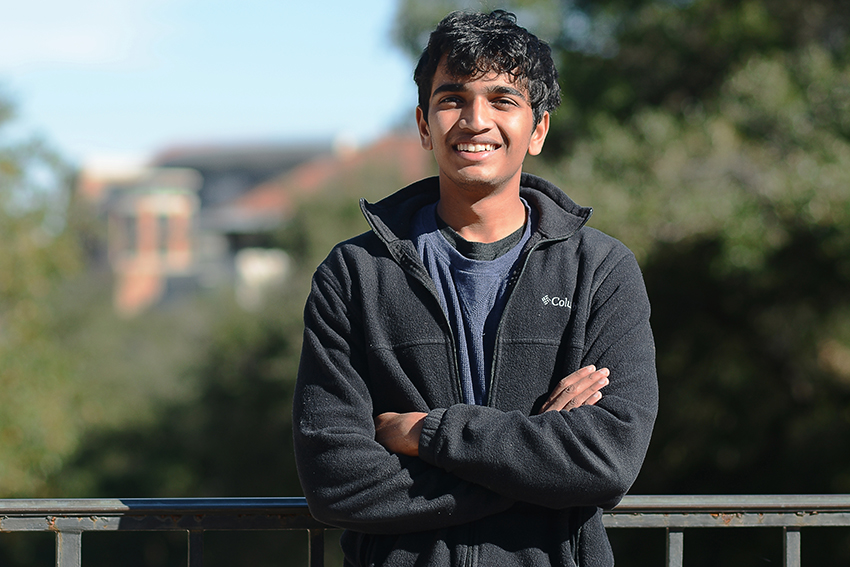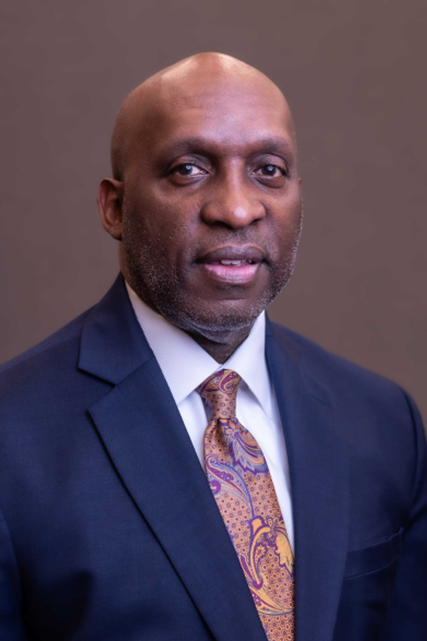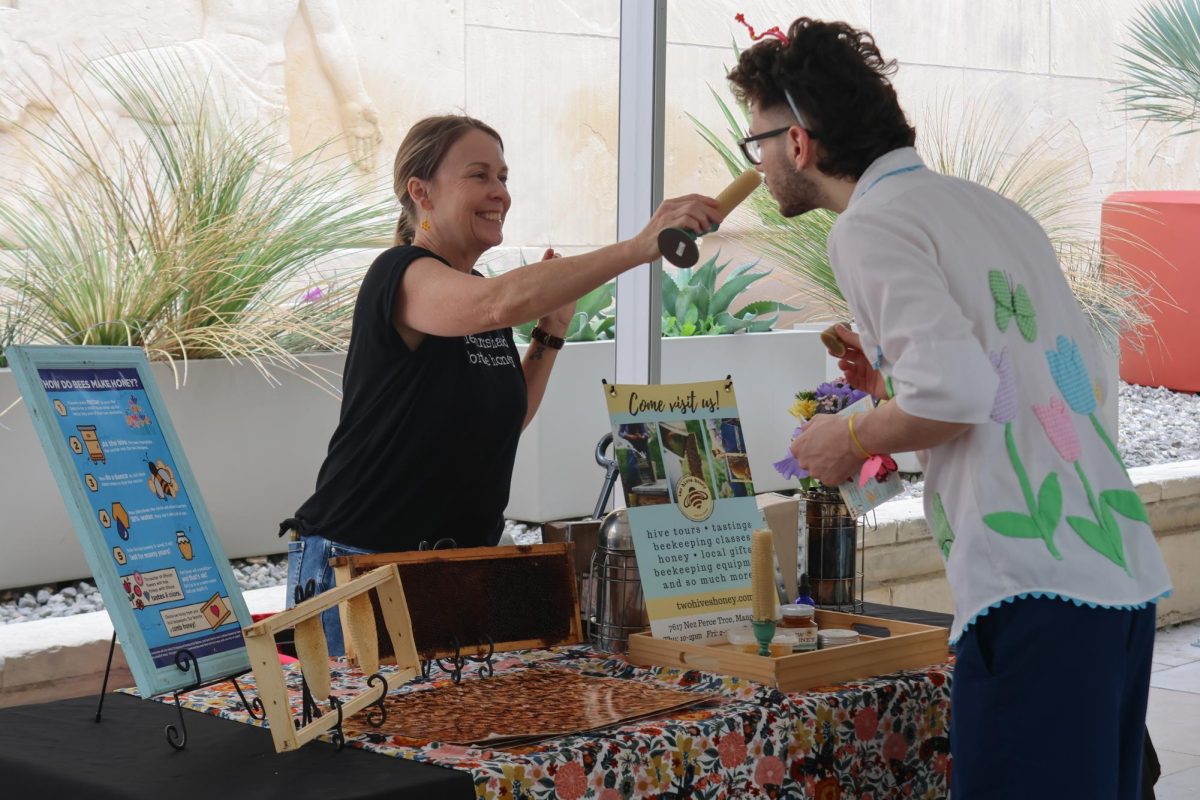The first time South Indian UT alumnus Abhi Ravinutala witnessed the anguish of mental illness, he wanted to talk to his parents about it but feared how they would receive him. In a community that praises conformity and honor, Ravinutala realized that for some South Asians, the way of talking about your problems is simply not talking about them at all.
“In 2015, my childhood best friend passed away due to difficulties with schizophrenia,” Ravinutala said. “He never tried to talk to me or his parents about his problems, and I knew I wanted to do something to help other South Asians get past the stigma of mental illness, speak up and seek help.”
Afterwards, Ravinutala began to search for others who shared his concerns about mental health in the South Asian community. Despite more relaxed attitudes towards talking about mental health in the United States, students like Ravinutala feel that the South Asian-American community is often forgotten.
Mann Mukti, which roughly translates to mental liberation, aims to become a one-stop, online mental health resource for South Asians living in the West. Ravintula and his associates plan to launch it in May.
Ravinutala hopes to help South Asian emigrants living in diaspora share their stories and talk to open-minded individuals from similar cultural backgrounds about their mental health issues while dispelling common taboos about mental health.
“The idea is that people can learn about resources in their area as well as testimonials from people who have gone through the same thing,” said Sailesh Kumar, a computer science senior and head of outreach. “For example, if you’re part of Hindu culture and you’ve had anxiety, you’ll be able to see other people’s writing and realize that you aren’t alone in this.”
Kumar said older people will often discourage dialogue about mental health because it’s a taboo subject in countries such as India and Pakistan where mental illness is considered shameful.
“If we can have people in the South Asian community realize that this is not a joke, hopefully they’ll start to take mental illness seriously,” Kumar said. “Once people see the statistics of how bad and dangerous it could get in the future, they’ll feel empowered enough to realize they deserve to seek help.”
For UT alumna Faria Akram, who struggles with anxiety, it is vital to have a forum that will allow people to freely discuss issues and ask questions.
“I have dealt with anxiety for most of my life and still do today,” Akram said. “The stigma that society, and especially minority groups like South Asians, have surrounding mental health makes it difficult for people to seek help.”
By rebuilding an inclusive environment that welcomes, accepts and seeks to aid those with mental disorders, Kumar said the South Asian community can begin to change the mindsets of individual people and consequently, the community.
“Someone experiencing a mental health condition needs to take some time to think about where they see themselves in terms of progress,” Kumar said. “It’s never going hurt to have a trained medical professional tell you what’s going on, and taking time to care for yourself is necessary.”





















